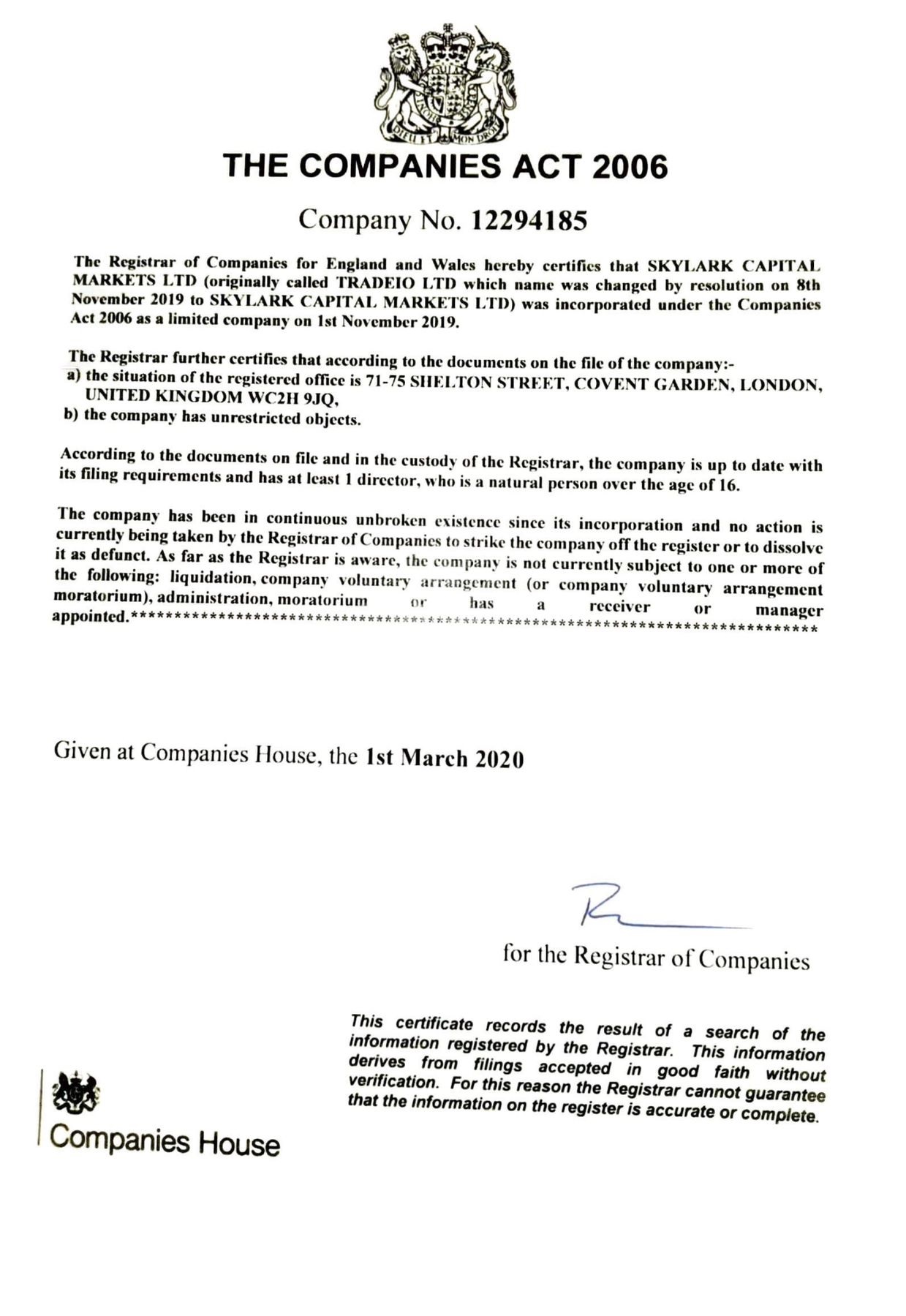
This central London location underscores our commitment to accessibility and transparency. You are always welcome to visit our office or get in touch with us via phone or email for any inquiries or assistance you may require.
Explore More
The Financial Services Authority (FSA) was a regulatory body that existed in the United Kingdom until 2013. It was responsible for overseeing and regulating various financial services in the country, including banking, insurance, and securities markets. The FSA played a crucial role in maintaining market integrity, protecting consumers, and ensuring the stability of the financial system.
Financial Conduct Authority (FCA): The FCA is responsible for regulating conduct in retail and wholesale financial markets. Its focus includes ensuring fair treatment of consumers, promoting market competition, and maintaining market integrity.
Prudential Regulation Authority (PRA): The PRA is responsible for overseeing the safety and soundness of financial institutions, including banks, insurers, and investment firms. Its main objective is to ensure financial stability and minimize risks to the financial system.
The Central Bank of Curaçao and Sint Maarten (CBCS) is the central bank of the countries of Curaçao and Sint Maarten. It is responsible for maintaining monetary stability, promoting financial stability, and providing oversight of the financial sector within these countries. The CBCS plays a critical role in the economic and financial management of both Curaçao and Sint Maarten.
Monetary Policy: The CBCS formulates and implements monetary policy to control inflation and stabilize the currency within its jurisdiction. It manages the money supply and interest rates to achieve these objectives.
Currency Issuance: The CBCS is responsible for issuing and regulating the currency used in Curaçao and Sint Maarten. This includes the issuance of banknotes and coins.
Financial Stability: The central bank works to maintain the stability of the financial system. It supervises and regulates financial institutions such as banks, insurance companies, and other entities to ensure their soundness and adherence to regulatory standards.
Economic Analysis and Research: The CBCS conducts economic research and analysis to monitor economic trends, provide insights into the local and global economic environment, and inform policy decisions.
The term "Financial Services Commission (FSC)" is used to refer to regulatory authorities in various countries that oversee and regulate financial services and activities within their respective jurisdictions. These commissions are typically established to ensure the integrity, stability, and transparency of financial markets, protect consumers, and promote fair competition. The specific functions, responsibilities, and structure of an FSC can vary depending on the country.
Regulatory Oversight: FSCs regulate financial institutions and activities, including banks, insurance companies, securities firms, investment funds, and more. They set regulatory standards and guidelines to ensure compliance with laws and regulations.
Licensing and Registration: FSCs often grant licenses and registrations to financial institutions and professionals operating within their jurisdiction. They assess the eligibility and fitness of applicants before granting approvals.
Market Surveillance: FSCs monitor financial markets for any irregularities, fraud, or manipulation. They take actions to maintain market integrity and investor confidence.
Consumer Protection: Protecting consumers' interests is a key role of FSCs. They may establish rules and regulations to ensure that financial products and services are fair, transparent, and appropriate for consumers.
The term "Financial Services Commission (FSC)" generally refers to regulatory bodies or authorities in various countries that are responsible for overseeing and regulating financial services and activities within their respective jurisdictions. These commissions play a critical role in ensuring the integrity, stability, and transparency of financial markets, as well as safeguarding the interests of consumers and investors. The specific functions and responsibilities of an FSC can vary depending on the country and its regulatory framework.
Regulatory Oversight: FSCs regulate a wide range of financial institutions and activities, including banks, insurance companies, securities firms, investment funds, payment service providers, and more. They establish and enforce rules, regulations, and standards to maintain order and fairness within the financial industry.
Licensing and Registration: FSCs grant licenses and registrations to financial entities and professionals that meet certain criteria. This process ensures that only qualified and reputable individuals and organizations can operate within the financial sector.
Market Integrity: FSCs monitor financial markets to detect and prevent fraudulent activities, market manipulation, and insider trading. They work to maintain market integrity and prevent behaviors that could harm investors and disrupt market stability.
Market Development: FSCs often promote the development of their financial markets by encouraging innovation, competition, and the adoption of best practices. They may also collaborate with international organizations to enhance cross-border cooperation.